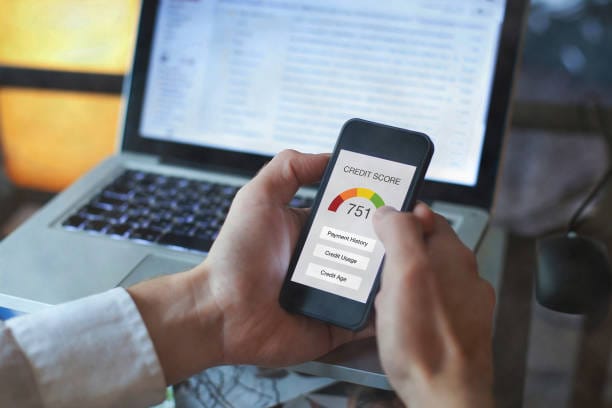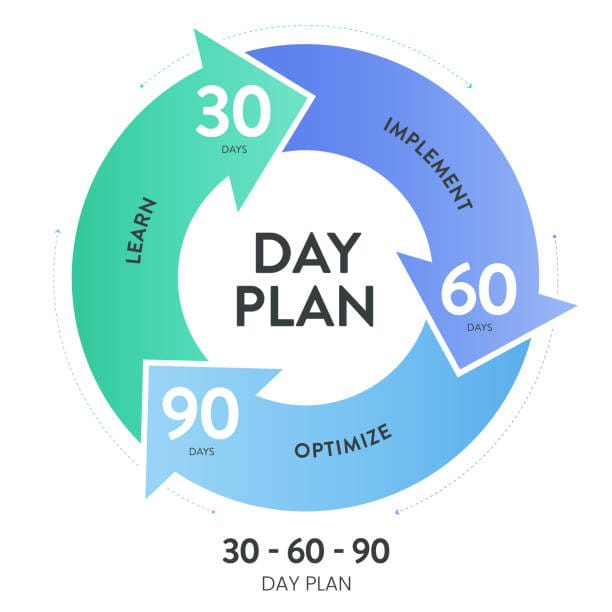How to Check CIBIL Report Mistakes and Fix Them Easily

Your credit report plays a crucial role in determining your financial health. Whether you are applying for a loan, a credit card, or even renting an apartment, lenders and financial institutions rely on your credit report to assess your financial credibility. Regularly reviewing your credit report on GoodScore helps you track your credit score, identify errors, and take corrective actions to maintain a good credit score.
However, many people make mistakes when checking their credit report, which can negatively affect their credit health. To avoid these pitfalls, let's explore the essential dos and don’ts of checking your credit report.
The Importance of Checking Your Credit Report
A credit report is a detailed record of your credit history, including loans, credit payment add, bill payment add, and pay loan EMI history. It reflects your borrowing habits, repayment behaviour, and credit utilisation. Lenders use this report to calculate your credit score, which impacts loan approvals and interest rates.
Why Checking Your Credit Report Matters?
- Identify Errors: Mistakes in your credit report can lower your credit score and affect loan approvals.
- Prevent Fraud: Detect unauthorised transactions and potential identity theft.
- Monitor Your Financial Health: Understand how your financial behaviour impacts your credit score.
- Improve Loan Eligibility: Ensure your credit score is high before applying for credit.
- Get Better Loan Terms: A 750+ credit score qualifies you for lower interest rates and better loan offers.
Dos of Checking Your Credit Report
1. Check Your Credit Report Regularly
One of the key credit score benefits is that you can monitor your financial standing and take steps to improve it. Experts recommend checking your credit report on GoodScore at least once every three to six months.
2. Dispute Errors Immediately
Errors in your credit report can significantly impact your credit score. If you notice incorrect personal details, fraudulent transactions, or unrecognised credit inquiries, report them immediately.
3. Pay Your Bills on Time
Your bill payment add and credit payment add history contribute significantly to your credit score impact. Late payments can lower your credit score and affect your ability to secure loans.
4. Keep Your Credit Utilisation Low
A high credit utilisation ratio negatively impacts your credit health. Aim to use less than 30% of your available credit limit to maintain a good credit score.
5. Maintain a Mix of Credit Accounts
Lenders prefer borrowers with a diverse credit history, including credit cards, personal loans, and home loans. A healthy mix shows that you can manage different types of debt responsibly.
6. Close Unused Accounts Wisely
Closing old credit accounts can reduce your credit history length and lower your credit score. Instead, keep older accounts open with minimal activity to maintain a high credit score.
7. Pay Loan EMI on Time
Regular and timely EMI payments help maintain a 750+ credit score, which improves your chances of getting approved for loans and credit cards.
Don’ts of Checking Your Credit Report
1. Don’t Ignore Your Credit Report
Many people check their credit score only when applying for a loan or credit card. However, ignoring your credit report can lead to missed errors, fraud, and unnecessary drops in your credit score impact.
2. Don’t Apply for Multiple Loans at Once
Each time you apply for a loan, the lender makes a hard inquiry, which can lower your credit score. Multiple inquiries in a short period signal financial distress and may reduce your chances of approval.
3. Don’t Max Out Your Credit Cards
High credit utilisation negatively affects your credit health. Keeping your credit card balances low helps maintain a good credit score.
4. Don’t Miss Payments or Default on Loans
Missing bill payment add or credit payment add can drastically reduce your credit score and harm your financial credibility. Setting up auto-payments ensures you never miss deadlines.
5. Don’t Close Old Accounts Without a Plan
Closing old credit accounts can shorten your credit history and lower your credit score. Instead, keep old accounts open and active with small purchases.
6. Don’t Ignore Identity Theft Alerts
If you see unfamiliar activity in your credit report, act immediately. Identity theft can damage your credit health and take months to resolve.
7. Don’t Ignore Your Debt-to-Income Ratio
Lenders consider your total debt compared to your income. A high debt-to-income ratio can hurt your ability to secure new loans.
How a 750+ Credit Score Helps with Credit Approvals
Maintaining a 750+ credit score offers numerous benefits, including:
- Faster loan approvals
- Lower interest rates
- Higher credit limits
- Better credit card rewards
- Higher chances of approval for premium financial products
Ways to Maintain a Good Credit Score
- Always pay loan EMI on time
- Monitor your credit report on GoodScore regularly
- Dispute errors immediately
- Use credit responsibly and maintain a healthy mix of loans
- Keep your credit utilisation low
Conclusion
Your credit report is an essential financial tool that reflects your borrowing and repayment behaviour. Following these dos and don’ts of checking your credit report ensures you maintain a good credit score and secure better financial opportunities. Regularly reviewing your credit report on GoodScore, making timely bill payment, and avoiding unnecessary hard inquiries help you stay in control of your financial future. By taking proactive steps, you can build strong credit health and enjoy the credit score benefits of lower interest rates, faster loan approvals, and higher credit limits.



